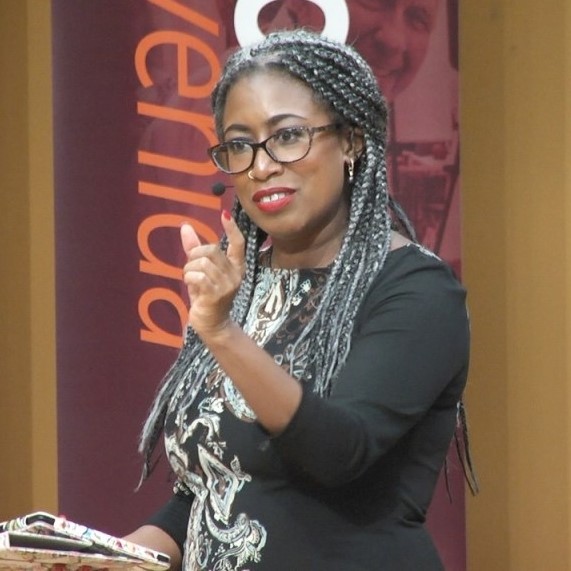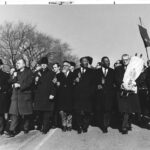Rev. Wil Gafney, PhD
An invitation to Sabbath keeping that was at once thoroughly Jewish but also universally available—and more than that, necessary for our survival.

The Right Rev. Sam B. Hulsey Professor of Hebrew Bible,
Texas Christian University
Fort Worth, Texas
A Christian Perspective
I encountered the writings of Rabbi Abraham Heschel during my formation at Howard University School of Divinity, some 30 years ago. It stays with me. I carry with me, in part because of the gift of this volume, a notion of Sabbath that transcends time and the human person while remaining tethered through its umbilicus to the Seventh Day. Rav Heschel's teaching, his torah, to me was the sacredness of time and his particular gift to me, to his readers, to the world was an invitation to Sabbath keeping that was at once thoroughly Jewish but also universally available—and more than that, necessary for our survival. The challenge of surrendering to that Sabbath, itself a freedom from things and obligations lays ever before me as I return to his words and enter the timeless space of the Sabbath to discover anew that it is, within and without, as he learned from his father’s reading of the Zohar, the very Name of God.
